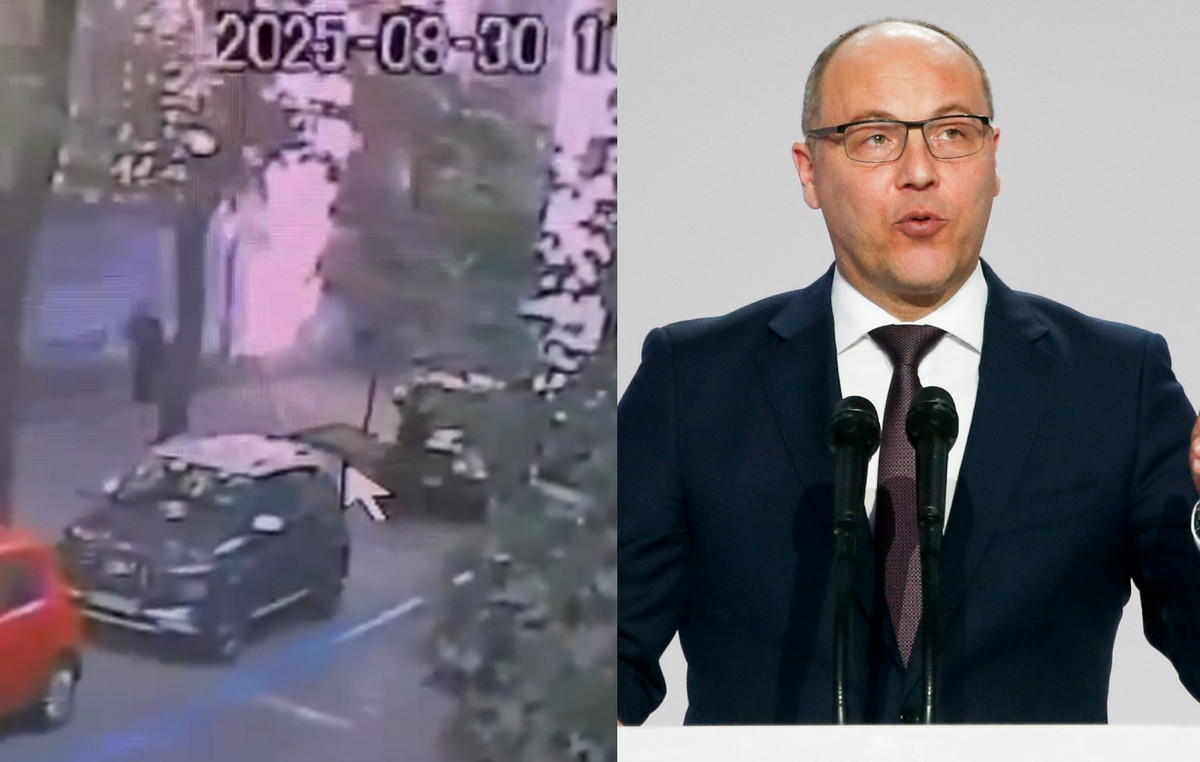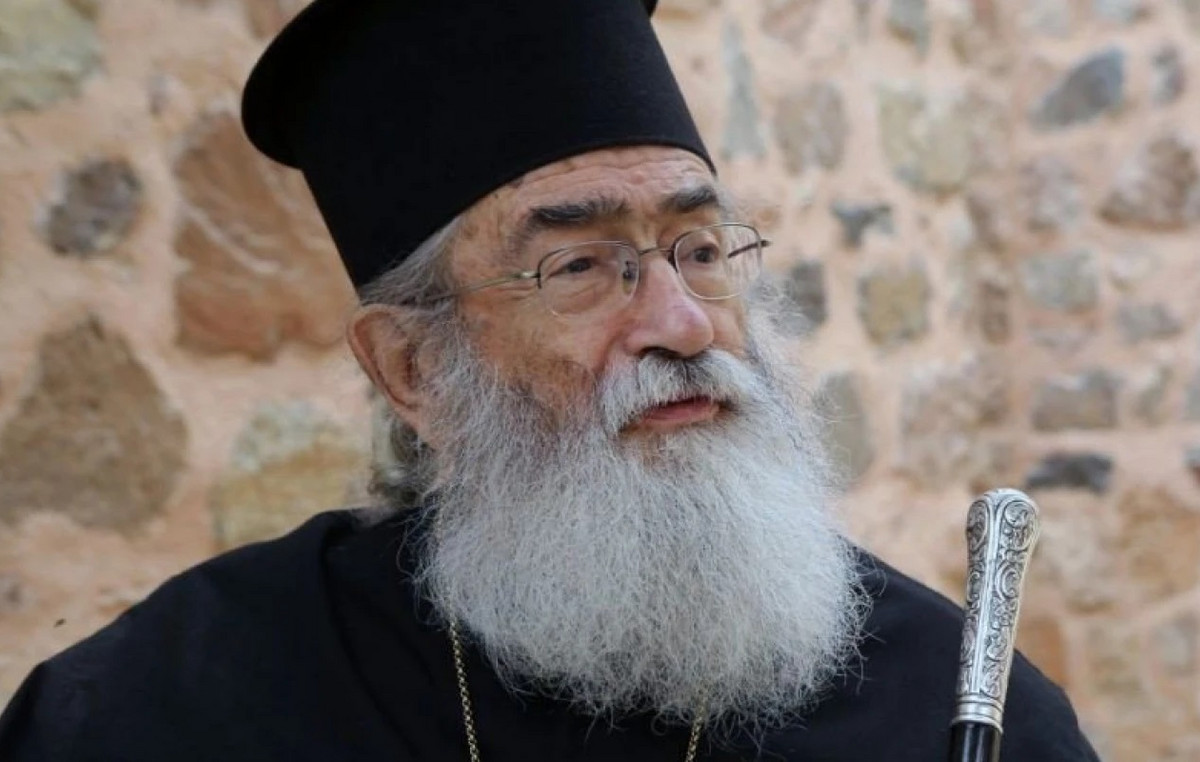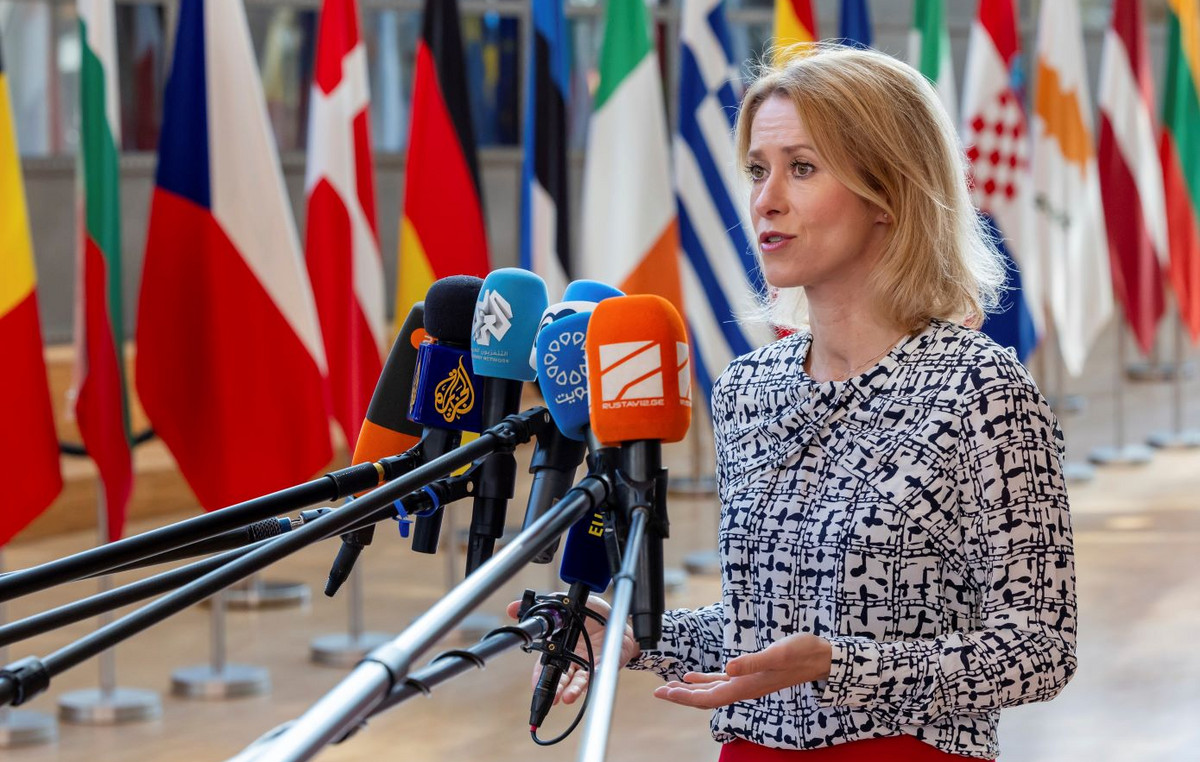The vicious epicenter of Ukraine’s war now rests in the burned-out cities of the country’s east and south. But the reverberations of conflict are amplifying in a way that will leave few people on Earth – from small American towns to poverty-stricken Africa – untouched.
Many wars, from World War I to the Iraq conflict, at first seemed certain to end quickly, with a short, violent shock. But they often confuse these predictions, degenerating into long-term conflicts with domino effects that have long-term political, economic and humanitarian consequences.
Russia’s war against Ukraine is following this pattern. After starting with her predictions of a lightning strike to take Kiev two months ago, the war is likely to drag on for more weeks and months, if not longer.
The consequences of a war that lasts so long are serious. Given Russian President Vladimir Putin’s violent attack on civilians, this will mean many more Ukrainian deaths, more atrocities and war crimes.
There will be an ever-present danger that the conflict will spread and cause a wider conflagration – both militarily and in a growing confrontation over Russia’s energy exports, which Europe so badly needs.
Whenever two nuclear powers as large as Russia and the United States are involved in an indirect conflict, as is the case with Washington’s massive injection of weapons into Ukraine, the possibility of a direct confrontation remains.
And a longer war means more uncertainty for Western leaders.
Global food insecurity is likely to worsen after a ruined Ukrainian crop, potentially adding to destabilization and unrest around the world.
In the US, it will also cost people already struggling with inflation higher and higher grocery bills and the cost of filling their gas tanks, which could spell huge political problems for President Joe Biden in an election year. midterm.
Why will the war drag on
There is a central reason why the war must drag on.
The strategic picture in Ukraine, with the country far from defeated and the invader still unconquered, means neither side has a burning motive to pursue urgent diplomacy to end the war.
Ukraine does not trust Putin after the unprovoked invasion, which was intended to crush its independence and national identity, for the carnage he caused in the country.
The heroism of its citizen army and the accelerating flow of Western offensive weapons are encouraging hopes of victory in Kiev.
Meanwhile, Putin has yet to achieve any of his goals after a humiliating retreat from the outskirts of Kiev. Despite the reported heavy losses of men and material, his generals set new war goals for his troops – the taking of the entire southern coast of Ukraine – to strangle the country by cutting off its access to the Black Sea.
The United States has acknowledged these developments with a change in strategy presented this week, which seeks to use effective third-party-instigated warfare to weaken Russia so severely that it can no longer threaten Europe.
But Ukraine fears an expansion of the battlefield. Authorities on Wednesday warned of a possible new front in the southwest along the Moldovan border involving the pro-Russian enclave of Transnistria.
And the threat of an energy control war that could trigger a recession and severe hardship in Europe – and spillover effects on the US – became more likely on Wednesday as Russia cut gas supplies to Poland and the United States. Bulgaria, two NATO members who were once in the orbit of the Soviet Union.
Everyone suffers from a longer war
The main outcome of a longer war, which has seen some of the worst atrocities in Europe since the Nazi era, will tragically mean that many more Ukrainians will be killed or forced from their homes. But deprivation and the threat to life will not be contained within the country’s borders.
Indications that the war will continue for months will add to the increasingly dire economic shock waves. The World Bank, for example, warned on Wednesday (27) that the conflict had already caused the worst rise in commodity prices in 50 years.
In the US, that means more expensive grocery bills for Americans — and more intense political headaches for Biden.
But this is worse for developing countries. Rising grain prices in nations afflicted with poverty and malnutrition are a matter of life and death for millions of people.
On Wednesday, the nominations of these growing hallmarks of the Ukrainian war coincided with threats from Putin about its atomic power, when he warned that enemies of Russians who interfered in Ukraine would face a heavy price.
“We have all the tools for that. Some of which no one can brag about. And let’s not brag. We will use them if necessary,” Putin said.
The chilling rhetoric could be a sign that Russia is feeling the pressure, because its goals for the invasion so far have fallen short of expectations. But his words are a sobering reminder of the constant danger of an escalation of the conflict, especially as the US is pushing Russia to the limit with its abundant weapons system flowing into Ukraine.
In Washington and Moscow, there is now a common recognition that this war is much more than Ukraine, and could be the beginning of a protracted and broader geopolitical struggle.
“If Russia gets away with this without being charged, the so-called international order is going to collapse, and if that happens, we’re entering an era of seriously amplified instability,” Chief of Staff General Mark Milley said. CNN on Tuesday (26).
Russia’s top echelons also appreciate the broader dimensions of a conflict that has shattered the certainties of the post-Cold War world and turned their country into an international pariah.
“Now, we are at war with the whole world,” said Russian General Rustam Minnekaev, in comments quoted by the Financial Times and the BZ Journal of Berlin.
What a Longer War Will Mean for Americans
Assuming Biden succeeds in his primary goal of avoiding a disastrous direct conflict between the two most nuclear-armed superpowers, the impact on the US of a longer war in Ukraine will be primarily economic and political.
This will profoundly affect Americans’ lives and Biden’s own political prospects, not just in a midterm election year that he projects to bring heavy losses for Democrats, but also in the run-up to his possible re-election in 2024.
The World Bank’s warning about commodity prices must have alarmed the White House and highlighted the fact that Ukraine was the worst place for a war at a time of already high food and energy prices.
That’s because Russia, now facing crushing Western sanctions, is a major exporter of natural gas, oil and coal. Ukraine — the “breadbasket of Europe” — is an important source of wheat and maize. The likely interruption of your crop this year could be a disaster.
With inflation already reaching the highest levels since the 1980s, Biden is being accused of hurting the economy despite a strong general recovery since the pandemic and historic job creation numbers.
Another wave of rising food prices in the run-up to the midterm elections could doom Democratic candidates for Congress.
So far, Biden has been trying a questionable strategy of blaming the war for high inflation, calling it a “Putin price hike,” even though prices had risen before the invasion.
This nuance is unlikely to survive the brutal reality of the election campaign, where Republicans are already leaning towards a simple message citing rising grocery bills, which could make Democratic attempts to link them to the extremism of former President Donald Trump less salient.
The war could also harm Biden beyond the economic impact.
The president has rallied the Western alliance behind an effort to punish and isolate Putin, which has restored his foreign policy reputation badly tarnished by the failed US military withdrawal from Afghanistan last year.
But recent polls have suggested the war is far from a political victory for the president, even if he has kept his word to keep American soldiers out of the fight.
When he defeated Trump in 2020, no voters thought they were signing up for a war in Europe with Russia, let alone a Cold War rerun and blood-curdling nuclear rhetoric that could last, at least, for the period. while Putin is in office.
The shocking turn of events in Europe is a reminder that the best plans of presidents are always changed – and how the Biden administration has been held hostage to events beyond its control.
But how long the attention of US voters will linger on the war in Ukraine is questionable, given the struggles many face at home. If the war’s visibility diminishes as it degenerates into a protracted conflict of attrition, Biden’s efforts to blame Putin for his economic backlash will become more difficult.
And a president with a 41% approval rating, according to the latest average by the CNN from recent national polls, he will be vulnerable to another broad accusation by the GOP in the midterm elections – that he is acting clumsy while the world burns.
Prolonged high inflation, a sense of economic malaise and a backdrop of global chaos also sow fertile ground for Trump’s populist and demagogic nationalism as he prepares for a possible rematch with Biden in 2024.
Source: CNN Brasil
I’m James Harper, a highly experienced and accomplished news writer for World Stock Market. I have been writing in the Politics section of the website for over five years, providing readers with up-to-date and insightful information about current events in politics. My work is widely read and respected by many industry professionals as well as laymen.







